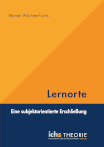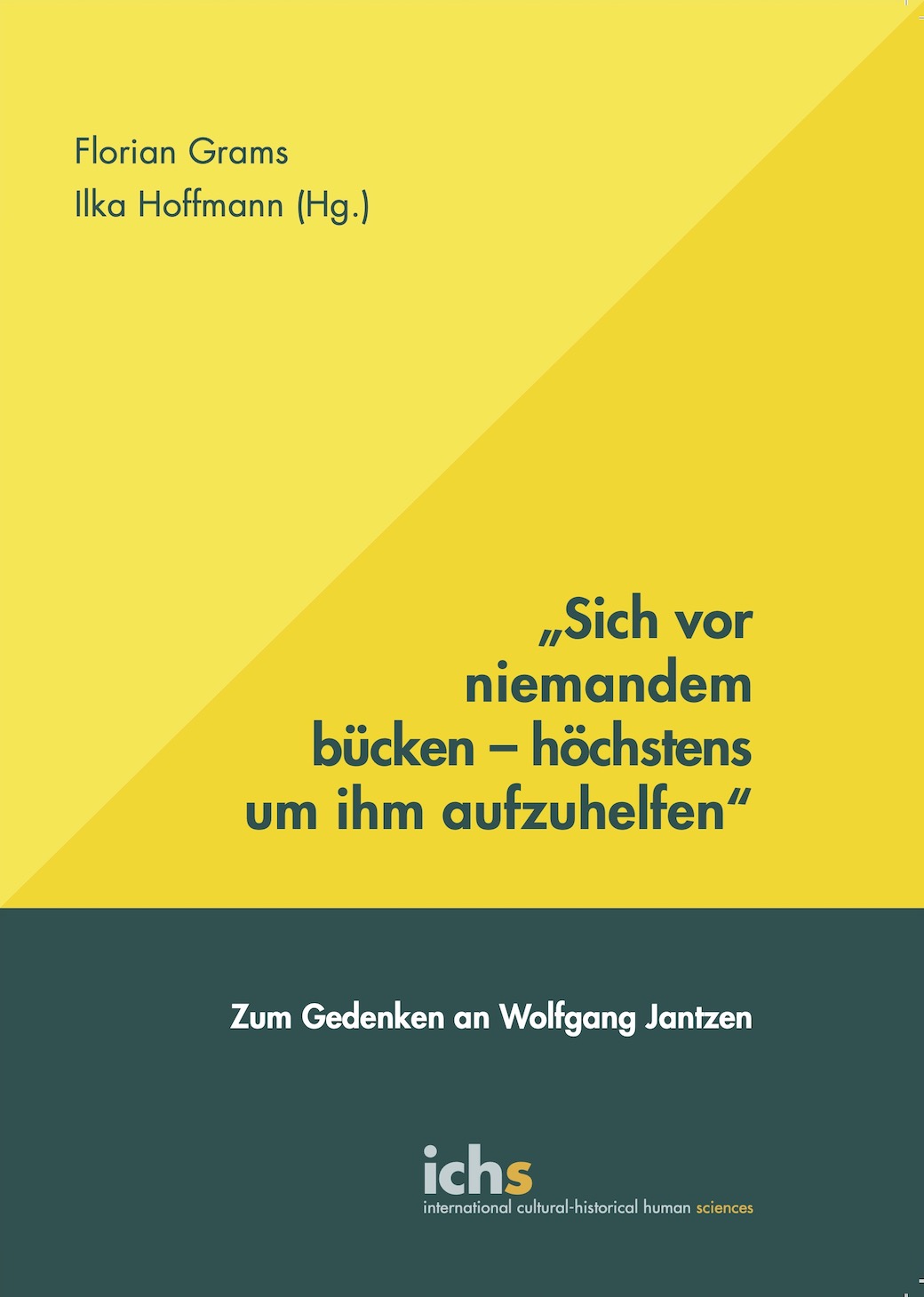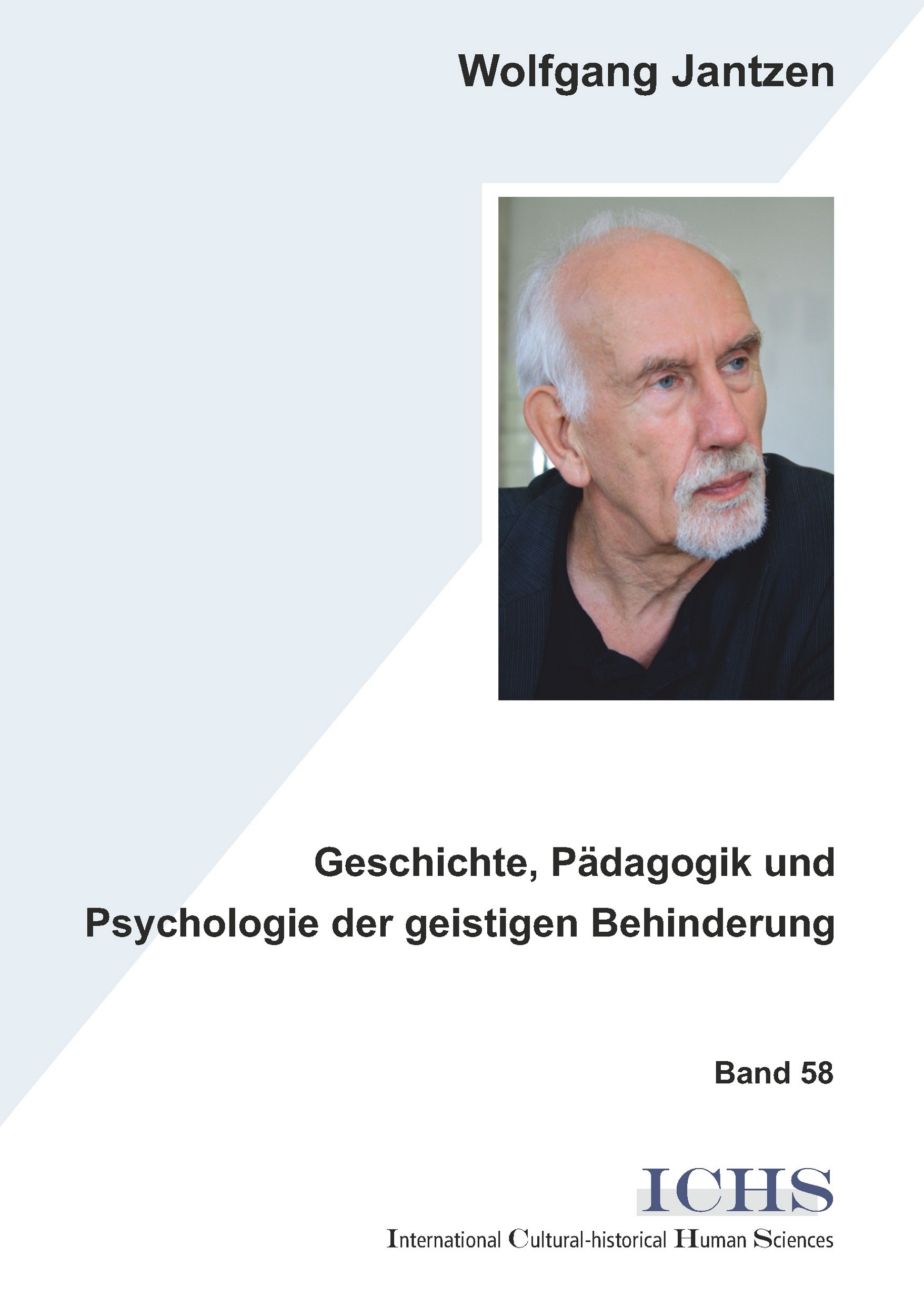Tätigkeitstheorie
Journal für tätigkeitstheoretische Forschung in Deutschland
Editorial
Die Tätigkeitstheorie im Rahmen der kulturhistorischen Schule ist eine relativ junge Theorierichtung innerhalb der Humanwissenschaften. Zu ihrer Entwicklung und Verbreitung bedarf sie eines intensiven theoretischen Diskurses, der sich nicht nur auf methodologische Grundfragen der Theorie und ihrer Entwicklung, sondern vor allem auf Fragen und Probleme ihrer praktischen Anwendung erstrecken soll. Dem entspricht ein wachsendes Interesse derjenigen, die mit diesem Theorieansatz arbeiten; denn wie die Tagungen zur Tätigkeitstheorie in Ohrbeck, die Neugründung der Niederländisch-deutschen Sektion der ISCAR 2009 sowie die ICHS-Schriftenreihe und ihre angegliederte Diplomreihe zeigen, ist die Zahl der tätigkeitstheoretisch arbeitenden Forscher in Deutschland und damit auch das Interesse an einem besseren Austausch und an schnelleren effektiveren Kommunikationsmöglichkeiten im letzten Jahrzehnt deutlich gestiegen.
Diesem Interesse wollen wir mit der Einrichtung eines elektronischen Journals entgegenkommen, das auf das Publikations- und Diskussionsinteresse schneller und unkomplizierter reagiert, indem es die Möglichkeit bereitstellt, aktuelle Forschungsarbeiten, neue Ideen, Ansätze und Thesen bereits im Entwurfstadium in die Fachdiskussion zu bringen, ehe sie in den offiziellen Disziplinforen publiziert werden.
Darüber hinaus wird mit dem elektronischen Journal die Möglichkeit des direkten interaktiven Austauschs eingerichtet bzw. verbessert. Alle Texte sind mit einer Kommentierungsmöglichkeit versehen und erlauben den Autoren nicht nur, ihre Auffassungen zu diskutieren, sondern gegebenenfalls auch zu verändern. Wir erhoffen uns von dieser Öffnung der Beiträge eine erhöhte Bereitschaft zur leichteren Veröffentlichung auch solcher Beiträge, die nach Meinung ihrer Verfasser noch nicht für eine abschließende Publikation in formellen Zeitschriften, die dem peer-review-Verfahren unterliegen, geeignet sind, sondern ausdrücklich den tätigkeitstheoretischen Diskurs anregen sollen bzw. der Diskussion bedürfen.
Eine schnellere und aktuellere Rezeption neuerer Publikation erwarten wir uns von Rezensionen nicht nur von Buchpublikationen, sondern auch von Diskussionen im Internet sowie von der Einführung eines das gesamte Journal (und nicht nur die einzelnen Aufsätze) betreffenden Personen-, und Sachregisters mit eingeschlossener Suchfunktion. Um die theoretische und methodologische Diskussion der Beiträge zu unterstützen stellen wir etwa fünf oder sechs Begriffsdefinitionen aus den Werken der Klassiker (incl. Quellennachweis) an den Anfang eines jeden Heftes mit dem Ziel, auf längere Sicht ein Glossar aufzubauen, das die Aneignung und Interpretation der kulturhistorischen bzw. tätigkeitstheoretischen Psychologie erleichtern, intensivieren bzw. verbessern helfen kann. Wir hoffen, dass unsere Autoren unsere Erwartung teilen, dass der Gewinn dieser dem Stand der modernen Kommunikationsmöglichkeiten angepassten Einrichtung die geringfügige Mehrarbeit für die Autoren rechtfertigt.
Insbesondere will das Journal dazu beitragen, ein lebendiges Bild der Tätigkeitstheorie in Deutschland zu zeichnen, indem es die seit 2004 jährlich stattfindenden „Ohrbecker Tagungen“ dokumentiert, auf der vor allem deutschsprachige Tätigkeitstheoretiker ihre Arbeiten z.B. über frühkindliche Entwicklung, Sprache und Dialog, Identitätsentwicklung, Bildung und Erziehung, Neue Medien, Lerntheorie, Förderstrategien bei Lern- und Entwicklungsbeeinträchtigungen im Zusammenhang mit der gegenwärtigen Inklusionsdiskussion oder auch zur Anthropologie, Theoriegeschichte und Methodologie usw. vorstellen und diskutieren.
Dabei übernimmt das Journal bewusst die Tradition der Ohrbecker Tagungen, gerade wegen der Priorität der Anwendungsorientierung konsequent die eigenständige Position der Tätigkeitstheorie innerhalb des Spektrums der vielen alternativen Theorieansätze zu präzisieren und ihre Anschlussfähigkeit und Offenheit gegenüber diesen Ansätzen zu begründen. Das diesem Konzept zugrunde liegende Prinzip von Interdisziplinarität soll dabei weder ausgrenzen noch umarmen.
Es wendet sich daher auch ganz bewusst an Nachwuchswissenschaftler/innen, die hier ein Forum erhalten, über ihre kreativen und innovativen Forschungsarbeiten zu berichten und zu diskutieren, ohne dabei dem Nachweiszwang einer „Schul-Zugehörigkeit“ zu unterliegen.
Mit dem Journal wird das Publikationsangebot der Website „ICH-Sciences.de“ erweitert und ergänzt, welches bislang die ICHS-Schriftenreihe, die Dokumentation klassischer Texte, das Schriftenarchiv sowie ab 2011 auch das Jahrbuch der Lurija-Gesellschaft umfasst. Wir hoffen, mit dieser Erweiterung des Angebots dem gestiegenen Interesse entgegenzukommen und freuen uns über Rückmeldungen, Kritik und Verbesserungsvorschläge.
Journal of activity-theoretical research in Germany
Editorial
Among human sciences Activity Theory is a relatively young approach. Its further development and spreading depends on an intensive theoretical discourse concerning not only basic methodological problems but also - and above all - issues of its practical application. This meets an increasing interest of those who are working with it. Within the last decade the annual Conferences on Activity Theory in Ohrbeck, the newly founded Dutch-German ISCAR-Section, the ICHS-book series and its special series of master theses show a growing number of activity theoretically oriented scholars in Germany and an increasing interest in better and faster communication.
With this set up of an electronic journal which should be able to react faster and less complicated on needs of publishing and discussion we want to comply with this interest. It provides scientists to present to the scientific community their research results of immediate interest, their new proposals of ideas, methods or approaches, and drafts before publishing them by official public platforms of their disciplines.
In addition to this the journal establishes and improves the direct interactive exchange of users. Every paper will be combined with a commenting function which gives to the authors not only the opportunity to discuss but also to revise and change their conceptions depending on the ongoing discussion. As a result of such an opening up of contributions we expect a higher readiness to publish even those contributions which their authors think to be in need of more discussion and therefore being not fit enough to be published in formal peer reviewed journals.
A faster and more current reception of new publications we expect from reviews of not only books with special importance to activity theory but also of relevant internet discussions in this respect, and from the arranging of personal and subject registers including a search function. In order to support the theoretical and methodological discussion we start to establish a special glossary of cultural historical psychology and activity theory beginning with five or six key words (including references) per volume from classical works of Vygotsky or Leontiev which may support and intensify the appropriation and interpretation of cultural historical psychology and activity theory respectively. As we hope our authors will share the expectation that the benefits of this arrangement adequate to modern communication possibilities justifies the slight extra work we ask them for.
In particular this journal will contribute to draw a lively picture of activity theory in Germany by reporting the annual Ohrbeck Conferences where since 2004 mostly German scholars present and discuss their works on e.g. early child development, speech and dialog, gender and identity development, education and instruction, New Media, theory of learning, encouraging strategies for handicapped children related to the current struggles on inclusion in schools, as well as on anthropology, history of psychology or methodology and so on. In doing so the journal follows explicitly the tradition of the Ohrbeck Conferences to give priority to application issues on the one hand and to specify on the other hand consequently the approach of activity theory within the wide spectrum of other theoretical approaches and to explain its openness and interface to these theories. The basic principle of interdisciplinarity founding this concept is: neither ignore nor embrace.
The journal addresses deliberately to junior scientists providing them with a platform to report on and discuss about their new creative and innovative investigations without any proof of their affiliation to cultural historical psychology or activity theory in particular.
This journal expands and complements the publication possibilities of our website “ICH-Sciences.de”, which up to now encloses the ICHS-book series, the documentation of classical texts of cultural historical psychology and activity theory, the archive of papers and contributions and starting with 2011 the Yearbook of the Lurija-Society. We hope to meet the increased interest with this expanded offer, and appreciate any feed back, critics and proposals of improvement.
Georg Rückriem and Hartmut Giest







 Lernorte.
Eine subjekt- orientierte Erschließung
(International Cultural-historical Human Sciences,
hrsg. von T. Hoffmann, J. Steffens, Bd. 60)
Lernorte.
Eine subjekt- orientierte Erschließung
(International Cultural-historical Human Sciences,
hrsg. von T. Hoffmann, J. Steffens, Bd. 60) "Sich vor niemandem bücken – höchstens um ihm aufzuhelfen"
Zum Gedenken an Wolfgang Jantzen
"Sich vor niemandem bücken – höchstens um ihm aufzuhelfen"
Zum Gedenken an Wolfgang Jantzen Geschichte, Pädagogik und Psychologie der geistigen Behinderung
Geschichte, Pädagogik und Psychologie der geistigen Behinderung